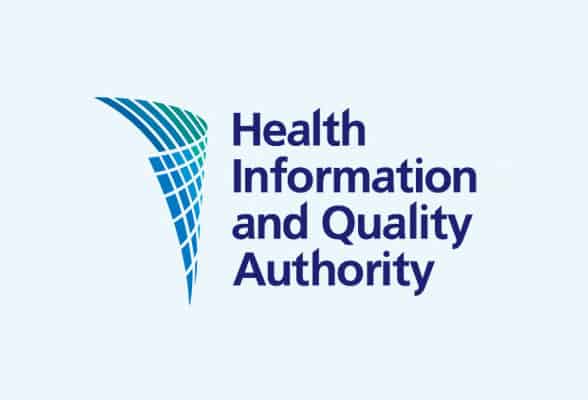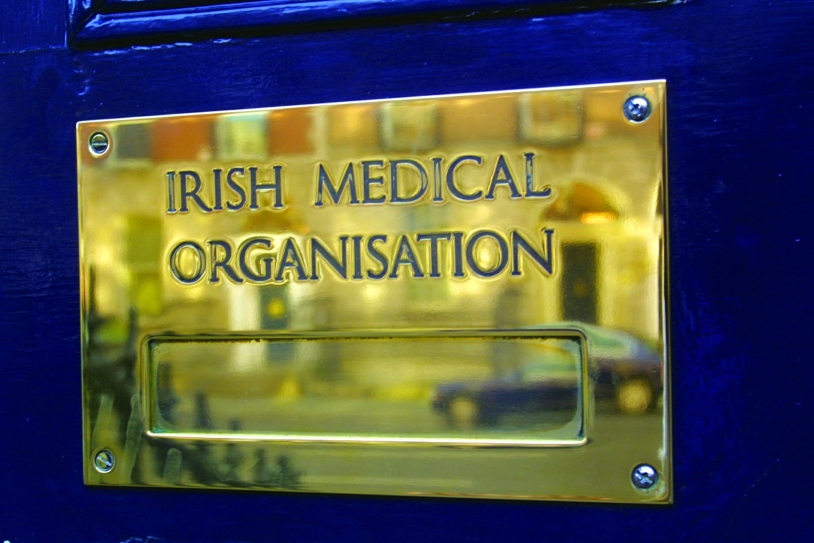The Health Information and Quality Authority (HIQA) has made recommendations to address gaps and tackle antimicrobial resistance in Ireland’s health system. The recommendations are outlined in HIQA’s submission to the Department of Health to inform its second National Action Plan on Antimicrobial Resistance (AMR) 2021-2025 (iNAP).
Mr Sean Egan, HIQA’s Head of Healthcare, said: “Antimicrobial resistance will remain a continued critical challenge for health and social care services, as the ongoing discovery of new antibiotics has failed to keep pace with the emergence of antibiotic resistance. National efforts are critically important to tackle antimicrobial resistance (AMR) — the ‘quiet’ pandemic impacting health and social care.
“HIQA strongly supports the view that the next national AMR action plan continues to promote a one-health approach, in line with Sláintecare. We also believe that an enhanced focus should be placed on measures to address the AMR threat among vulnerable groups in this new plan, such as those in residential care. The plan should also prioritise advancing eHealth and clinical pharmacy services.”
Seeking to build on progress achieved nationally through implementation of the first iNAP plan, HIQA’s recommendations are to:
1. Place a targeted focus on the prevention and control of infection and antimicrobial resistance among our more vulnerable patient populations, including older people and people with a disability in residential care settings, as they have particular needs and present specific added challenges for those responsible for infection prevention and control and antimicrobial stewardship.
2. Enhance clinical pharmacy services in those hospitals that continue to fall behind benchmarked provision nationally.
3. Further enhance the role of eHealth in accelerating national AMR efforts.
4. Continue to advance efforts to improve the quality of the physical infrastructure in many of Ireland’s congregated health and social care settings, to mitigate the risk of potential infection spread.
Mr Egan continued: “The physical infrastructure in many health and social care settings in Ireland remains poor. HIQA has repeatedly raised this issue on inspections in hospitals, nursing homes and disability services over the past 12 years, and COVID-19 has further highlighted significant deficits in how we manage and control infections.
“This has very significant implications from an infection prevention and control perspective. Limited isolation facilities for infectious patients in these settings poses a great challenge that will only increase as AMR increases. It is critical that this risk is clearly articulated and tackled in any action plan aimed at addressing AMR in the future.”
The submission provides a synopsis of HIQA’s work to contribute to national efforts to address the antimicrobial resistance threat since 2017. It also outlines HIQA’s future priorities in this regard over the next five years. These include continuing to inspect medication safety and infection prevention on inspections, as well as progressing key areas of evidence synthesis and research, health technology assessment, and developing additional support tools and resources to assist residential care providers to implement the National Standards for infection prevention and control in community services.
Read the full submission at www.hiqa.ie.













Leave a Reply
You must be logged in to post a comment.